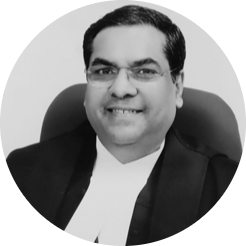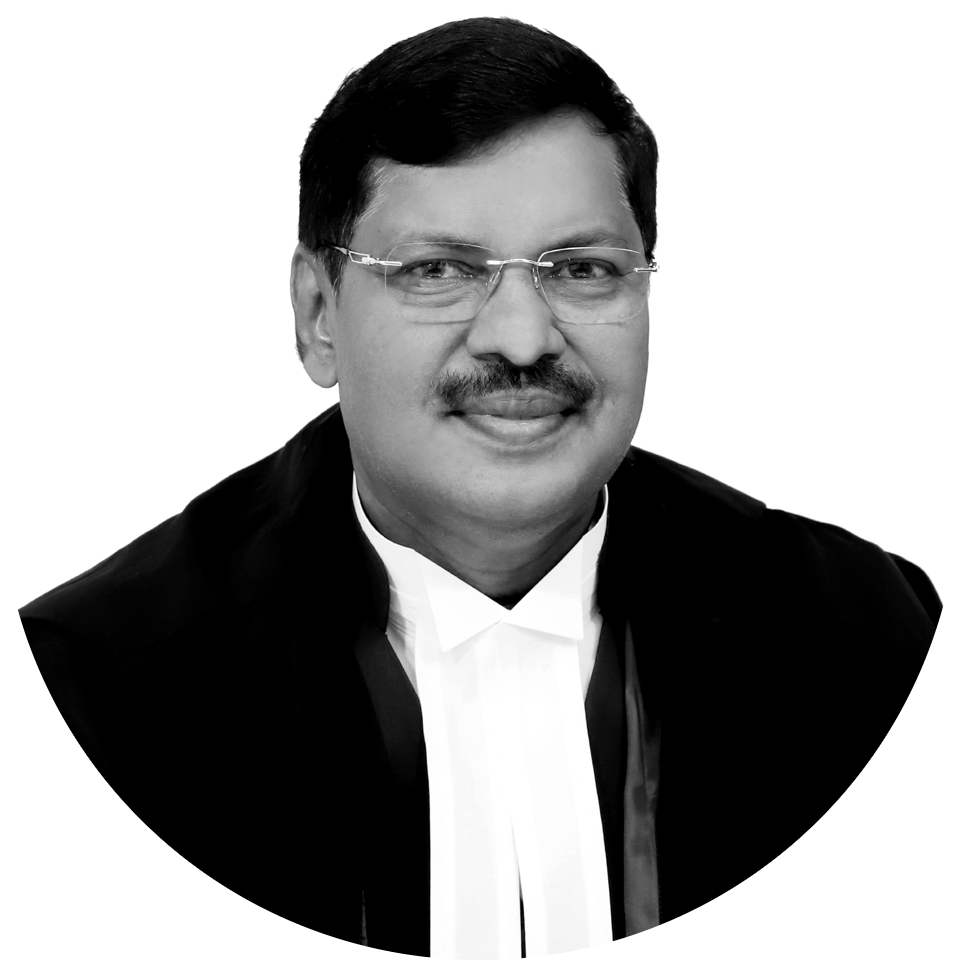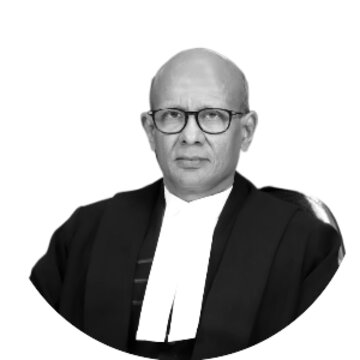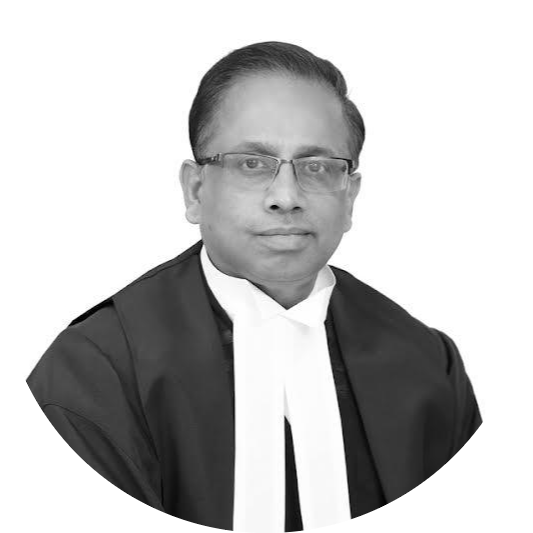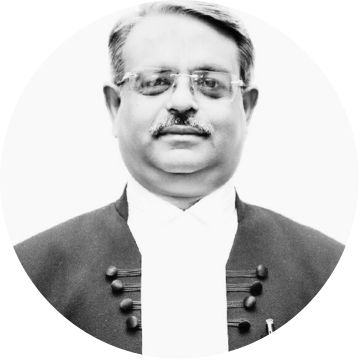Court’s Power to Modify an Arbitral Award
Gayatri Balasamy v ISG Novasoft Technologies Limited
Citation: 2025 INSC 605
The Supreme Court in a 4:1 majority held that courts have a limited power to modify an arbitral award under Sections 34 and 37 of the Arbitration Act
Decided
Parties
Appellant: Gayatri Balasamy
Lawyers: Senior Advocate Arvind Datar, Advocate M.V Mukunda, Advocate Hina Shaheen, Advocate Mithun Shashank, Advocate Hredai Sriram, Advocate-on-Record Nishanth Patil, Advocate-on-Record K.Parameshwar
Respondent: ISG Novasoft Technologies Limited
Lawyers: Senior Advocate Siddharth Bhatnagar, Advocate Debmalya Banerjee, Advocate Manmeet Kaur, Advocate Rohan Sharma, Advocate Gurtej Pal Singh, Advocate Abhishek Rana, Advocate Ananya Khanna, Advocate Aditya Sidhra, Advocate-on-Record Karanjawala & Co.
Case Details
Case Number: SLP (C) Nos.15336-15337/2021
Next Hearing: April 30, 2025
Last Updated: May 13, 2025
Key Issues
Does a court’s power to set aside an arbitral award under Section 34 and 37 of the Arbitration and Conciliation Act, 1996, include the power to modify an award?
If courts have the power to modify an arbitral award, to what extent can it be exercised?
Case Description
Gayatri Balasamy’s case
Gayatri Balasamy was an employee at ISG Novasoft Technologies Limited (ISG), an IT company. On 27 April 2006, she was appointed the Vice President (M&A Integration Strategy) of ISG.
A few months later, on 24 July 2006, Balasamy tendered a resignation alleging sexual harassment charges against ISG’s Chief Executive Officer (CEO), Krishna Srinivasan. The resignation did not take effect. After a year, three letters of termination followed.
Subsequently, Balasamy lodged a criminal complaint against Srinivasan and the Vice-President of the company for offences under the Indian Penal Code, 1860 and the Tamil Nadu Prohibition of Harassment of Women Act, 1998. The company also filed criminal complaints of defamation and extortion against the petitioner. Eventually, when both parties reached the Supreme Court, the Court referred the parties to arbitration. The arbitral tribunal awarded Balasamy a sum of ₹ 2 crore.
She moved the Madras High Court to set aside the award, reasoning that the tribunal had not considered several of her issues.
The Madras High Court Orders
On 2 September 2014, a single-judge bench of the Madras High Court modified the arbitral tribunal to award Balasamy a compensation of ₹1.6 crore in addition to the ₹2 crore awarded to her by the arbitral tribunal.
Subsequently, on 8 August 2019, a Division Bench of the Madras High Court further modified the order of the single-judge bench. They held that while the single judge was right in awarding additional compensation to Balasamy, the amount granted did not have an arithmetic logic. The Division Bench viewed that the quantum of compensation granted by the subordinate bench was too “excessive and onerous.” Therefore, they reduced the amount of additional compensation from ₹1.6 crore to ₹ 50,000.
Balasamy then moved the Supreme Court through a Special Leave Petition (SLP).
Reference to a larger bench
At the Supreme Court, the case was first heard by a bench comprising former Chief Justice N.V. Ramana with Justices Surya Kant and Hima Kohli on 1 October 2021. After being listed before multiple benches since then, it finally reached a bench comprising Justices Dipankar Datta, K.V. Viswanathan and Sandeep Mehta in 2024.
On 20 February 2024, the Division Bench viewed that the case involved a crucial question of law—can a Court modify an arbitral award under Sections 34 and 37 of the Arbitration and Conciliation Act, 1996 (the Act)
Section 34 of the Act provides the parties to an arbitration with the option to file an application at Court to set aside an arbitral award under certain circumstances. This includes instances where a party was under some incapacity, or the arbitration agreement is not valid under the law to which the parties have subjected it or when the party making the application was not given proper notice of the appointment of an arbitrator and more.
Section 37 of the Act empowers a Court authorised by law to hear appeals from original decrees of the Court passing the order. More specifically, Section 37(1)(c) allows a Court to hear an appeal against an order setting aside or refusing to set aside an arbitral award under section 34.
The Bench held that the Court had adopted conflicting opinions in two streams of cases.
In cases like McDermott International Inc. v Burn Standard Co. Ltd. (2006), Project Director, NHAI v M Hakeem (2021), MMTC Ltd. Sangyoung Construction Ltd. v NHAI, the Court had held that the Court’s power to “set-aside” an arbitral award under Sections 34 and 37 was very limited. Further that this power did not involve the power to “modify” an arbitral award.
On the other hand, in cases like Vedanta Limited v Shenzden Shandong Nuclear Power Construction Company Limited, (2018), Oriental Structural Engineers Pvt. Ltd. v State of Kerala (2011) Tata Hydroelectric Power Supply Co. Ltd. v Union of India (2003), the Court was more accepting of modified orders.
Therefore, they viewed that a larger bench had to clarify the legal position on the Court’s power to modify arbitral awards once and for all.
A five-judge bench led by Chief Justice Sanjiv Khanna commenced hearing the case on 13 February 2025 and reserved judgement in the case on 19 February after three days of arguments.
On 30 April 2025, the five-judge bench held that courts have a limited power to modify an arbitral award under Sections 34 in a 4:1 majority. CJI Khanna authored the majority opinion and Justice K.V. Viswanathan penned a dissenting opinion.

